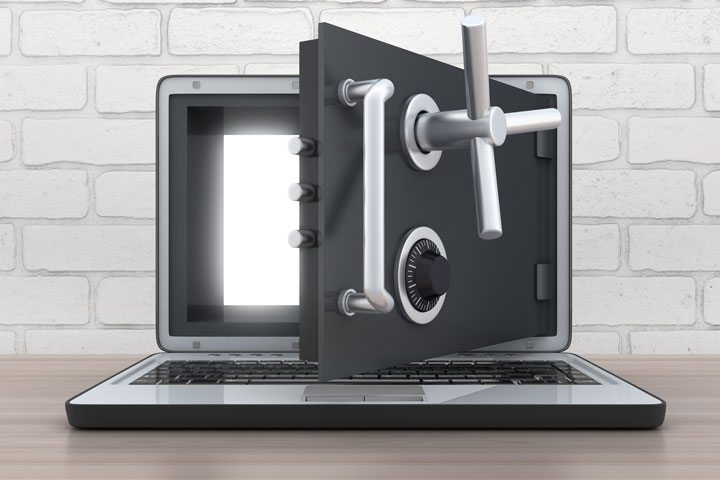Everyone has a filing system of some sort for important documents and papers. Yours may be carefully organized by subject matter in drawers or folders, or it may simply be in piles on the desk or, more likely, on the floor. It may look systematic or totally disorganized, but either way you usually know exactly where to find whatever is needed when needed, right?
But what would happen if you became sick or incapacitated, or otherwise incapable of handling business as usual? What if essential documents, like financial and medical records, were needed and someone else had to retrieve them?
Unless the logic behind the filing system, whether paper or electronic, is immediately apparent, chaos reigns and whoever is tasked with finding the needed information has to decipher what seems to outsiders to be a random and haphazard filing system.
Share How Your System Works
A vital piece of financial management advice in this day and age is that someone other than the filer needs to know how the system, whether paper or electronic, is designed in case of an emergency. The emergency need not be catastrophic, only sufficient to disrupt the normal order.
What happens, for instance, if the wife who pays all the bills falls, breaks a hip and is hospitalized? Or what happens if the always-in-control husband who is undergoing chemotherapy has an adverse reaction to the treatment and forgets to do what needs to be done? In such instances, someone — spouse, caregiver, attorney, financial advisor, whomever — needs to be able to step in and, at the very least, see that bills are paid on time.
Your filing system needs to be one that those who may need the information can decipher (such as heirs, doctors, attorneys, financial advisors, etc.). This is basic advice everyone should heed. Nobody, no matter how young and healthy, can be absolutely certain that an accident or illness won’t strike tomorrow and somebody will need quick access to those papers and documents.
Perhaps even more importantly, those documents should be stored safely in a place that is readily accessible. Ideally this would be in a fireproof, and waterproof safe at home, not in a bank’s safe deposit box where they are safe, but only available to those registered to have access to the safe deposit box, and then only during banking hours.
Sharing Access to Your Important Documents
Whether your documents are stored electronically or as papers in a folder, you will need to share access to those documents with one or more trustworthy individuals. It may be as simple as handing over a key to a fireproof/waterproof safe or jotting down passwords or lock combinations. Make sure the individuals who have access understand the importance of keeping the access secure and in a location that they will remember should something happen to you. If you change locks or passwords, remember to update your family and friends.
These are the types of papers and documents you can expect to include in your trusty “shared” stash of documents:
- will
- trust
- medical and legal power of attorney
- living will
- do not resuscitate (“DNR”) order
- records of bank and retirement accounts
- passport
- social security card
- life insurance records
- long-term care insurance records
- recent tax returns
- credit card accounts
- mortgage information
It would also help to include the contact information for those who have access to your personal documents, including doctors, financial advisors, brokers, accountants, attorneys, and even heirs and close family members. Protected documents should include an up-to-date list of all the passwords that protect any electronic accounts and information.
The necessary records mentioned above should be kept up to date and in good order. Even if you have planned financially to live to 100, you should never take tomorrow for granted.
Don’t Leave Loved Ones in the Dark
As one widow discovered the hard way, loved ones need to know the passwords that protect vital information that is stored electronically. When her husband suffered a fatal stroke, no one could access any of his accounts or even knew what and where they were. Everything was password protected, even his checking account, so she had no way to pay outstanding bills.
Months later, after considerable expense and legal assistance to verify the death and establish her legal right to the passwords and access to the accounts, she is still not sure she has discovered all of her husband’s password protected accounts. She may never know. If ever an avoidable ordeal highlighted the need to communicate and share vital information with someone else, this is it.
(This article was reviewed since it originally published on October, 2016.)
